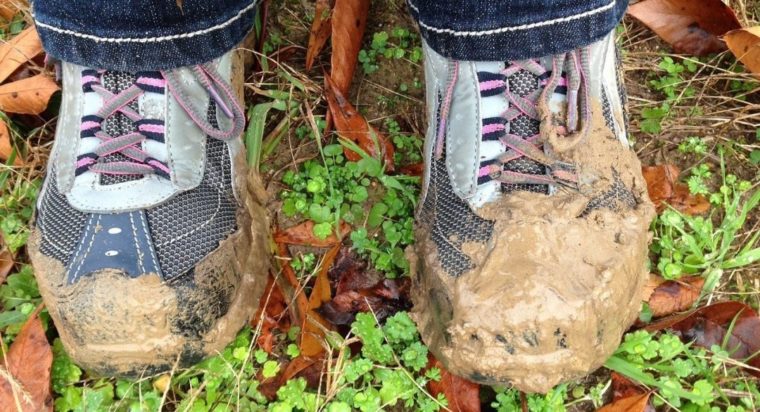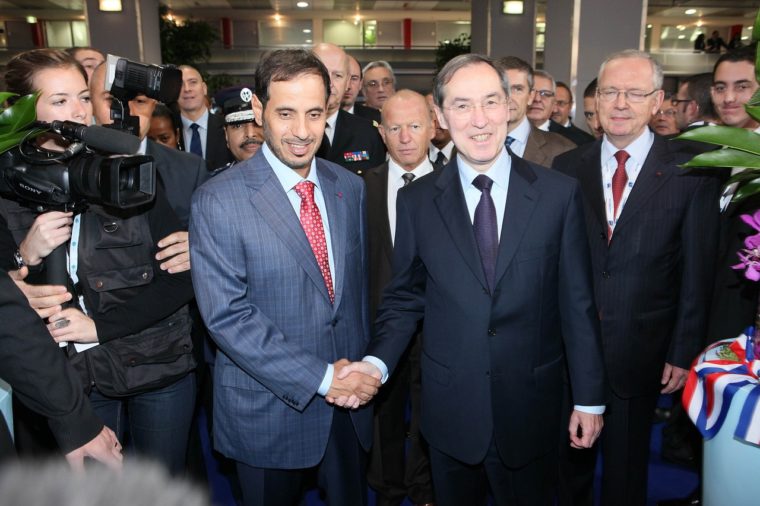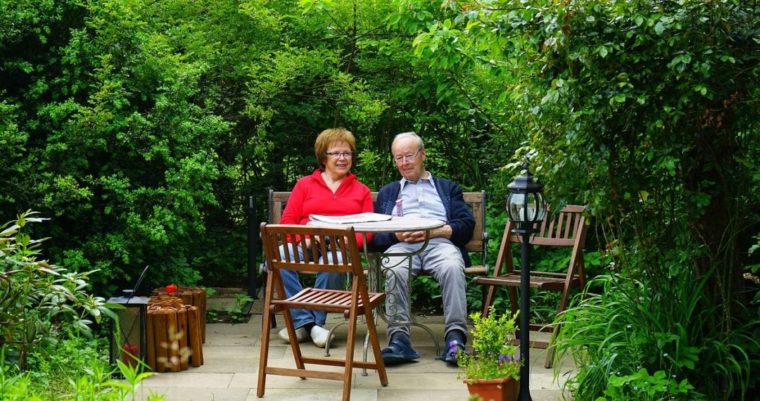In the middle of the week not long ago I walked into our church’s sanctuary. The room was empty and quiet. In fact, it was dark except for the exit lights that never go out.

(Image from Pixabay)
I came down the middle aisle and stood there with no one else in the room. You know what? It wasn’t at all exciting or inspiring. Without the presence of God’s people and without the Spirit of God igniting the place with His power, there wasn’t a whole lot to it. It was just an empty, dark room.
I have learned that the same is true of the preacher.
It is important that we pastors hone our skills in preaching and teaching. But it is more important that we lean heavily on the Holy Spirit for power in these things.
Any pastor who does not feel weak—and on occasion, fearful and trembling—is not being honest with himself. Don’t go there.
Even Paul struggled with such weaknesses:
I came to you weakness—timid and trembling. And my message and my preaching were very plain. Rather than using clever and persuasive speeches, I relied only on the power of the Holy Spirit. I did this so you would trust not in human wisdom but in the power of God (1 Corinthians 2:3–5 NLT).
You have to love Paul’s humility, vulnerability, and dependence. He tells the truth. He admits his weaknesses. He describes his feelings. He doesn’t worry what others may think.
Paul tells the Corinthians in effect,
I’m a needy person just like you, and I have to depend on the Spirit for the strength just like you. Because it is not about me; it’s about the Lord.
This week, take a walk all alone into the room where you preach. Stand there for a few minutes in the dark, quiet, and empty space. Let the silence envelop you.
Remind yourself, as I try to do regularly, that it is ALL about Him—about His power and glory—and it is not about the preacher.
Without His power working in our weakness, brothers, our preaching is like that dark, empty room.
–Chuck









